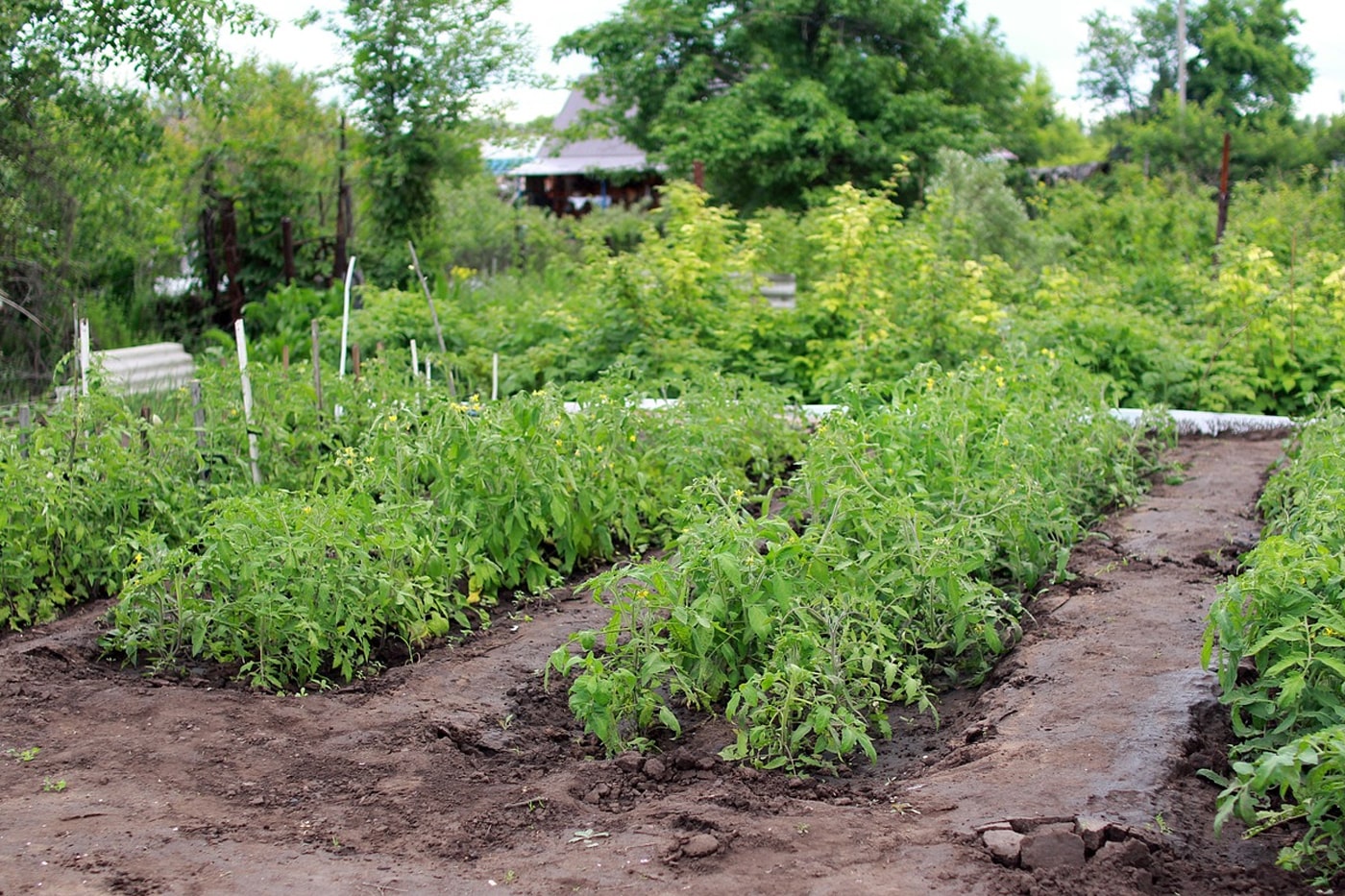Vegetables and fruit-bearing crops require more nutrients to achieve higher yields. That’s why it’s vital to grow crops in nutrient-rich soils. That said, not all garden soils are created equally – some lack the basic nutrients plants need to grow healthy. On top of that, nutrients absorbed by previous crops must be replenished to support next season’s crops.
Amending the soil with nutrient-rich, natural additives is crucial in supporting healthy plant growth and ensuring more harvests. There are many products you can use as soil conditioners; one of the most popular is seaweed extracts.
Seaweed extract is packed with essential nutrients that support healthy plant growth. It’s also loaded with trace minerals and antioxidants that strengthen plants’ resistance to diseases and pests. As a soil conditioner, seaweed extract brings nutrients back into the soil, ensuring that the next growing cycle will be as successful as the last.
Contents []
Is seaweed extract good for a vegetable garden?

Yes, seaweed extract is beneficial for a vegetable garden. Fruit-bearing plants like vegetables and flowering plants require more nutrients to grow healthy. Seaweed extract is an excellent source of essential minerals like nitrogen, phosphorus, and potassium. It is also an excellent source of plant growth hormones for faster germination and budding.
What’s great about seaweed extract is it feeds microorganisms in the soil. Bacteria, fungi, and earthworms help aerate the soil, boost nutrients, and improve consistency. Using seaweed extract helps soil microorganisms thrive.
Seaweed extract also alters the soil texture for the better. It boosts aeration and water retention. It can also regulate soil temperature and suppress weed growth.
Seaweed extract is available in liquid, powdered, and granulated/flake forms. It can be applied directly into the soil, added to compost, or as a mulch (if in raw form). However, we highly suggest diluting granular or liquid seaweed extract in water before using it because this material is quite potent. If you don’t dilute it in water, too much of it can lead to nutrient burns.
How do you use seaweed extract for vegetables?

There are many ways to use seaweed extract; it’s one of the most versatile of all soil conditioners.
As a fertilizer: Use seaweed extract to fertilize the soil and increase container or ground-grown vegetables. Because it’s all-natural and eco-friendly, seaweed extract makes an excellent fertilizer for organic farming.
Liquid fertilizer: As a liquid fertilizer, seaweed extract solution can be poured directly into the soil and serve as a root dip in hydroponic gardens or a seed soak for faster germination. Soluble seaweed extract can be added to a watering can or directly into an irrigation system to treat bigger gardens.
Foliar Spray: Dilute seaweed fertilizer in a gallon of water and spray the solution all over plant leaves. The plant leaves should be dripping with the solution for the best results.
When buying seaweed extract, choose a product that’s water soluble. This way, the product can be applied in various ways and is more versatile, depending on your plants’ needs.
When to fertilize your vegetable garden?

Timing is crucial for boosting plant and soil health with any kind of fertilizer or soil conditioner. This goes especially for liquid seaweed extract because if the sun is too intense, water will evaporate before the plants can absorb the nutrients. The type of plant and the growing season are also factors to consider when applying any kind of soil conditioner.
The best time to apply seaweed extract as foliar spray or liquid fertilizer is early morning, about 6 to 8 AM, when sunlight is not as intense. Follow the manufacturer’s instructions for the dose and application time for best results.
We suggest applying liquid seaweed extract for perennial flowering plants before the growth begins in the spring. The soil should be easier to work with during this period. Check the last date of the frost and apply a week or so after to give new growths the best chances of survival.
For fruit-bearing crops, apply liquid fertilizer every two weeks for the first 8 to 10 weeks, then stop. Avoid fertilizing too late to achieve higher yields. For tomatoes requiring minimal fertilizer, apply a balanced 3-4-6 and natural fertilizer like seaweed extract or compost.
Buying Seaweed Extract for Vegetables

Seaweed extract is best used for fruit-bearing plants like vegetables because it increases yields and neutralizes environmental stressors that stunt plant growth. In fact, seaweed extract is used in gardens with stressful growing conditions.
If you’re interested in using seaweed extract to enhance your vegetable crops’ growth and productivity, choosing a high-quality product that meets your specific needs is crucial.
Consider factors such as the concentration of active ingredients, the extraction method, and the overall quality of the product. It’s also essential to learn how seaweed extract can benefit your garden and if it’s the most cost-effective solution for the job.
Remember, commercially sold seaweed extracts aren’t created equally. The concentrations will vary from brand to brand. To get the most out of your money, choose a reputable supplier and reach out to them for more information about their product.
If you’re looking to improve your soil and plant health, ECOgardener’s seaweed extract soil conditioner could be the solution you’ve been searching for. Derived from seaweed Ascophyllum Nodosum, this organic flake seaweed fertilizer is a rich source of nutrients that support plant growth, like nitrogen, potassium, phosphate, and magnesium.
In addition to being an effective soil amendment, plants have been shown to maintain higher relative water content, improved water use efficiency, stomatal conductance, and transpiration rate reduction when treated with seaweed extract.



